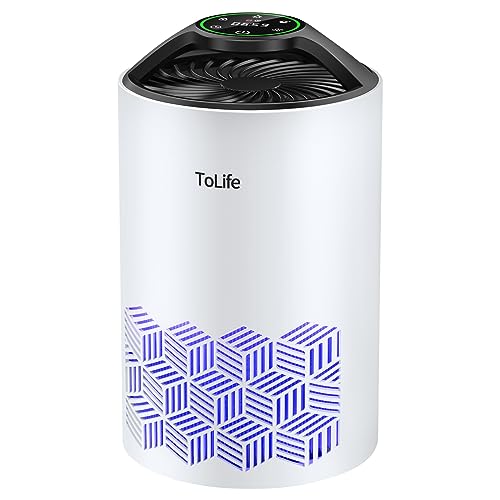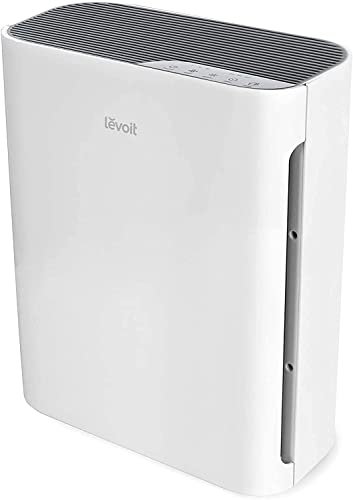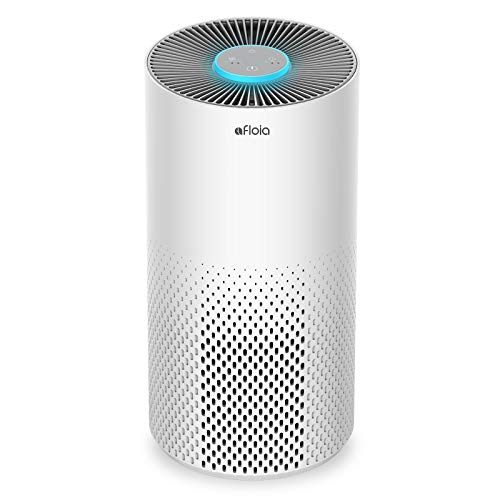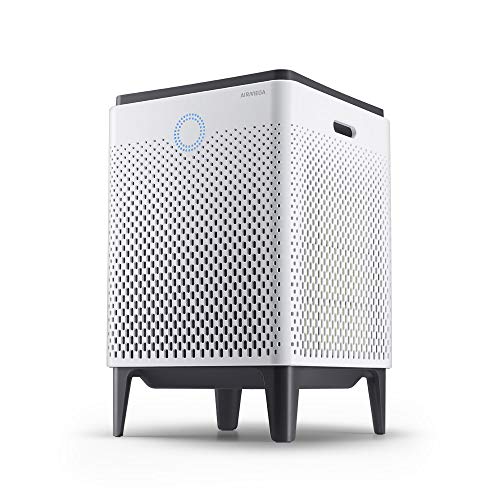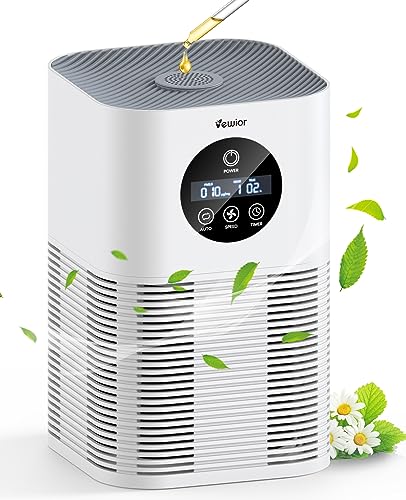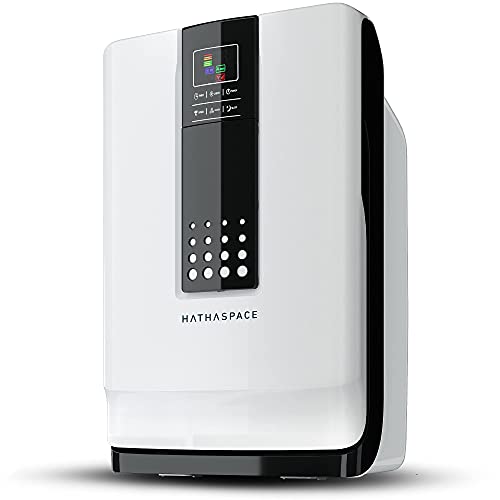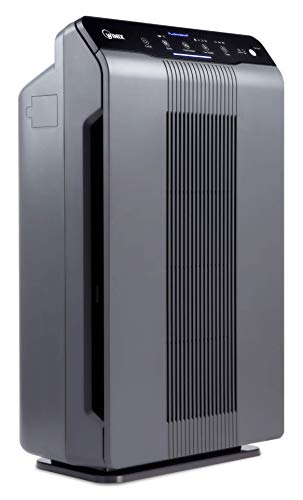Does dust really need to be cleaned out of the air?
Regular usage of an air purifier may significantly reduce home dust even while it cannot eliminate dust altogether.
For how long does an air cleaner work to get rid of dust?
A clean air purifier may eliminate dust in around 30 minutes in a small room, but it can take up to three hours in a big room before you’ll notice a change.
Where should I set up my home’s dust air cleaner?
Advice on Where to Put Your Air Purifier Don’t leave your gadget in a hot car or on a radiator. Avoid using your device in damp or humid environments. Keep your device at least 6 inches away from any surface, including walls, furniture, and other devices. You should position your air cleaner close to the primary indoor pollution source.
How effective are air purifiers, really?
Few studies have shown that using an air purifier might positively affect your health or reduce allergy and asthma symptoms. One reason for this is the difficulty of isolating the role of specific contaminants in indoor air from the influence of other environmental and genetic variables.
Is there a disadvantage to using an air purifier?
What are air purifiers’ drawbacks? Aside from the initial cost, there aren’t many drawbacks to installing an air purifier in your house. It is known that ozone, produced by many ionisers, particularly older ones, may aggravate asthma symptoms.
Even with the air cleaner running, my home is still dusty.
Lack of proper ventilation may lead to a buildup of dust within your house. Dust and dust mites may easily get established in many parts of your house if you have poor air circulation and don’t clean on a regular basis. Dr. Cajigal warns that “dust mites live in mattresses, pillows, and upholstery.”
Do I need to turn off the air purifier during the day?
When using an air purifier, is it okay to keep it on all day? Your air purifier is safe to leave on all day. However, once a month is approximately right for cleaning the filters. Filters collect allergens and dust, which may be dangerous if not regularly removed and cleaned.
Is it safe to keep the air purifier on constantly?
The only method to ensure the greatest possible air quality is to leave an air purifier on continuously, since they clean the air by forcing it through their filters. When you switch off your air purifier, it will also cease cleaning the air.
In which room would an air purifier be most effective?
A good spot for an air purifier would be close to where you do most of your breathing. The shorter the distance pure air needs to travel before reaching your head, the closer the unit should be placed to your head. Typically, this means positioning the air purifier on a nightstand or other nearby surface in the bedroom.
The number of air cleaners in a home has been debated.
If the square footage of the room is within the purifier’s rating, it should be adequate. However, owing to the increased square (or cubic) footage, more than one air purifier may be necessary for particularly big rooms or spaces with ceilings higher than 8 ft.1.
Should an air purifier be left on constantly?
The finest benefits may be achieved by leaving the whole-house air purifier on 24 hours a day. A normal air purifier may be used for an unlimited amount of time under normal weather. It is recommended that the equipment only be used while someone is present in the house. By eliminating contaminants from the air, an air purifier makes for a more restful night’s sleep.
The frequency of using my air cleaner, please.
When is the best time to use my air cleaner? Your air purifier should be on continuously. If this isn’t an option for you, there are still methods to get the most out of your air purifier.
Are air purifiers recommended by doctors?
Dr. Meng suggests using an air purifier with a high-efficiency particulate air (HEPA) filter. Stand-alone air purifiers are meant to be used in a single room, so make sure the door is closed and the filter is large enough.
Should I use an air purifier in my bedroom?
Can I Use an Air Purifier While I’m Sleeping? The quick response is “yes.” Better breathing while you sleep is encouraged by using an air purifier before bed, as suggested by the Asthma and Allergy Foundation of America (AAFA).
When will I know whether my air cleaner is doing its job?
Examining the fan is the quickest and easiest approach to determine the health of your air cleaner. Get your hand close to the air intake or outlet of the purifier. If you sense a powerful, consistent breeze, the air conditioner is operating appropriately. If not, the filter may be blocked, preventing air from passing through.
Does using an air purifier dry out the air?
Humidity is not immediately affected by air purifiers since they do not evaporate moisture from the air. However, they might make the air inside your home seem drier than usual.
Do sinuses become dry from using air purifiers?
Dehumidifiers are a different animal than air purifiers. Because they improve airflow, they may, in fact, help to lower relative humidity. However, an air purifier has a negligible effect on humidity levels. Consequently, air purifiers do not cause sinuses to dry up during typical usage.
When will I see the benefits of using an air purifier?
The negative effects of indoor air pollution may be considerably mitigated with the help of a high-quality air purifier. How long does it take for an air purifier to start working? is by far the most popular enquiry. A typical air purifier has a 30-minute to 2-hour purification time.
How can I prevent dust from gathering in my home?
Maintain a regular schedule of cleaning. The greatest treatment for dust is a lack of dust. Clean in an organised manner. Is the sequence in which you clean your house effective? Sweep and mop the floor. Line dry sheets weekly. Make it a habit to regularly vacuum. Clean Up the Mess. You may want to get some filters.
What to do if dust is constantly present in the home.
The Best 10 Ways to Decrease Dust. Frequently use a vacuum cleaner. Keep the Air Cleaned Up. Line dry sheets weekly. Reduce your use of cloth. Simplify and declutter. Keep pets well-groomed. Reorganise Your Wardrobe.
Do air cleaners increase your monthly electricity costs?
Most air purifiers use less than 100W of electricity (on the order of 20-50W on average). Certified as Energy Star efficient, an air purifier will save you money on your utility bills. Approximately $3-$4 per month is the average cost to operate a 50W air purifier at full power around the clock.
What are the risks associated with using a HEPA air purifier?
Some air purifiers have been linked to headaches, sore throats, coughing, asthma episodes, and difficulties breathing. You’re absolutely correct. It’s possible that your air purifier is contributing to health problems you were hoping to alleviate.
Can I take my air purifier with me if I move?
Most up-to-date air purifiers are lightweight and portable, so you may potentially employ the most effective unit in each space as needed.
How often should I use my air purifier?
How Long Does Your Air Cleaner Need To Be On? As a result, an air purifier should be used for at least 12 hours every day. This serves as a solid guideline. It’s OK if you don’t use the air purifier every day, but keep in mind that the more you use it, the cleaner and fresher the air will be throughout the year.
What about mould? can air purifiers help?
What about mould? can air purifiers help? A house with an air purifier may reduce the likelihood of mould growth and the health risks associated with it. Air purifiers are a wonderful technique to prevent the transmission of mould spores via the air, but they won’t assist with actively growing mould that’s already on surfaces.

